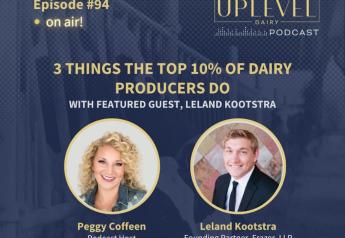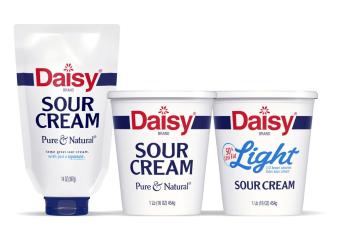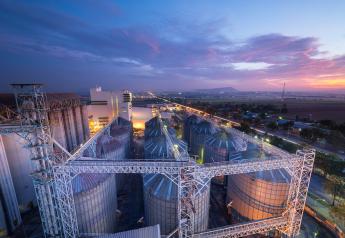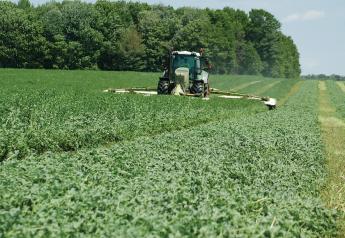Dairy Offers Anti-Inflammatory Properties in Human Health

National Football League quarterbacks Aaron Rogers and Tom Brady should have been at Wednesday’s World Dairy Expo Education Seminar on the anti-inflammatory properties of dairy products.
Both NFL quarterback have sworn off dairy products, believing dairy causes inflammation and slows healing and recovery. Emerging new research suggests just the opposite is true, according to University of Wisconsin (UW) dairy foods researcher Bradley Bolling.
Inflammation on its own is a good thing because it is part of the natural healing process. But chronic, low-level and unresolved inflammation slows wound healing and has been implicated in a whole variety of ailments, including Alzheimer’s, arthritis, cardiovascular disease, diabetes, multiple sclerosis and other chronic diseases.
In a UW study involving 132 women over nine weeks, yogurt provided some anti-inflammatory benefits, he says. Half the women in the trial ate 12 ounces of yogurt per day while the other half ate 12 ounces of soy pudding. Half the women were also of normal weight while half were obese. “We see some modest anti-inflammation decreases in both lean and obese women in our studies, and more so in obese women,” says Bolling.
One of the problems with doing such research, however, is that it is incredibly expensive. Full-blown studies involving thousands of subjects over a long periods of time cost of millions of dollars, and the resources for such studies simply aren’t available for human nutrition trials, he says.
“But dairy products, particularly fermented dairy products, have anti-inflammatory properties in humans not suffering from allergies to milk,” says Bolling.
Bolling also summarized human trials comparing A1 and A2 milk. These types of milk have slightly different casein proteins, and an epidemiological study in Australia has suggested that A2 milk has less inflammatory properties and is easier to digest. However, epidemiological studies only show correlations, but do not definitively show cause and effect.
Numerous controlled studies of A1 and A2 milk have shown little or no difference, says Bolling. “Health claims for A2 milk are not advised for inflammation, cholesterol or digestion,” says Bolling.
For more on A1 and A2, see this CBS News clip posted here.
Watch the World Dairy Expo Seminar below:







